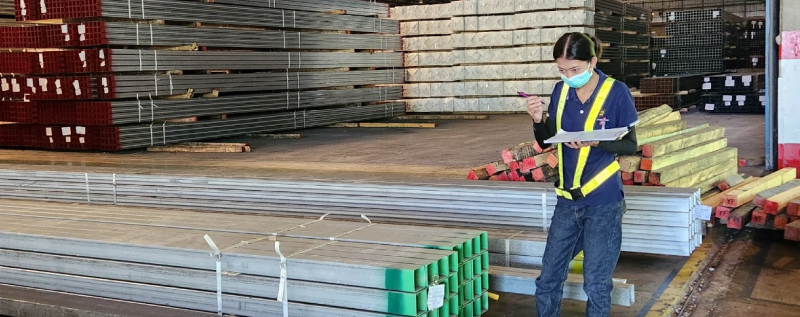Indonesia is a powerhouse of manufacturing in Asia. The country produces a wide variety of goods and services that boost its economy and meet the needs of its domestic and international markets. From cars to clothes, electronics to food, Indonesia has something for everyone. However, sourcing from here also has many challenges, and importers must conduct Quality Control and Inspection service in Indonesia to ensure product quality.

Sourcing Challenges in Indonesia
Sourcing products in Indonesia entails various challenges that businesses need to overcome. One significant challenge is the complex bureaucratic procedures and regulations, which can impede the ease of doing business and investment. Moreover, local content requirements can restrict the access and quality of certain industry inputs. Protecting intellectual property rights is another issue in a market characterized by piracy and counterfeiting. Developing the essential infrastructure, such as roads, bridges, and ports, is vital for effective logistics and distribution. Finding skilled and qualified workers who meet industry standards can also be challenging.
Furthermore, cultural differences, language barriers, and corruption risks demand careful attention when working with local suppliers and partners. These sourcing challenges in Indonesia make it necessary to conduct quality control inspections to ensure the standards and specifications of the products are met. Despite these difficulties, Indonesia’s dynamic market and government support make it an appealing destination for sourcing and investment.
Professional Inspection Service in Indonesia
Working with a trusted inspection partner in Indonesia, like VIS, can give businesses the assurance and confidence they need to maintain quality standards. We offer a range of comprehensive services to meet the unique challenges of sourcing in Indonesia. These services include:
- Pre-production inspection (PPI)
- During production inspection (DUPRO)
- Pre-shipment inspection (PSI)
- Container loading supervision (LS)
Each stage of the inspection process is designed to identify potential quality issues, verify product specifications, and ensure compliance with applicable regulations.

